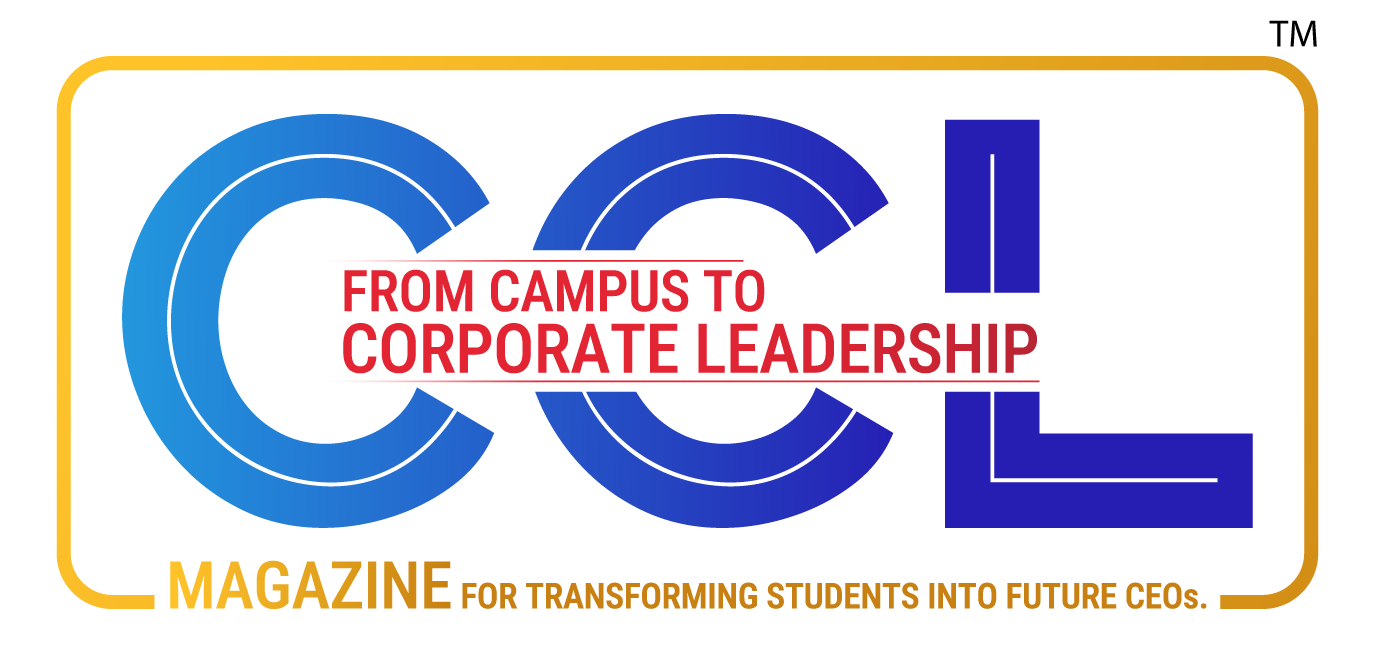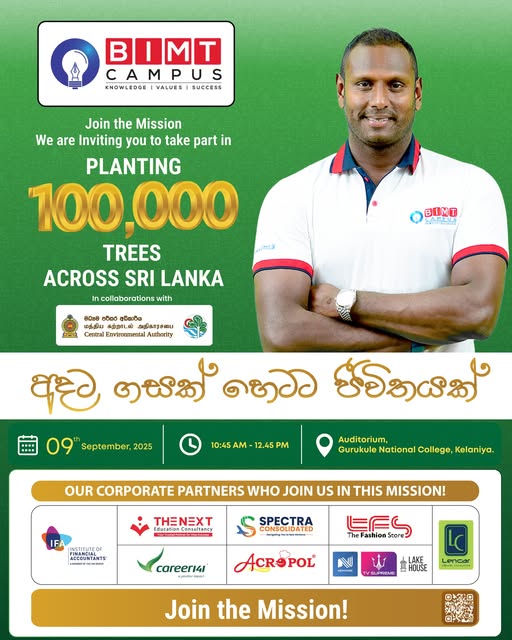Now Reading: Philosophies in Growing to Give
1
-
01
Philosophies in Growing to Give

Philosophies in Growing to Give
Every contribution matters, and embracing the mindset of giving back generates a positive cycle. Charitable giving benefits not only corporate leaders’ wellbeing but also enriches personal lives. Many leaders are naturally inclined toward community service through philanthropy. Philanthropy strengthens workplaces and enhances the meaningful impact organizations achieve, fostering a culture of purpose and social responsibility.
Rtn Jerome Rajendram,
Scroll to Top









